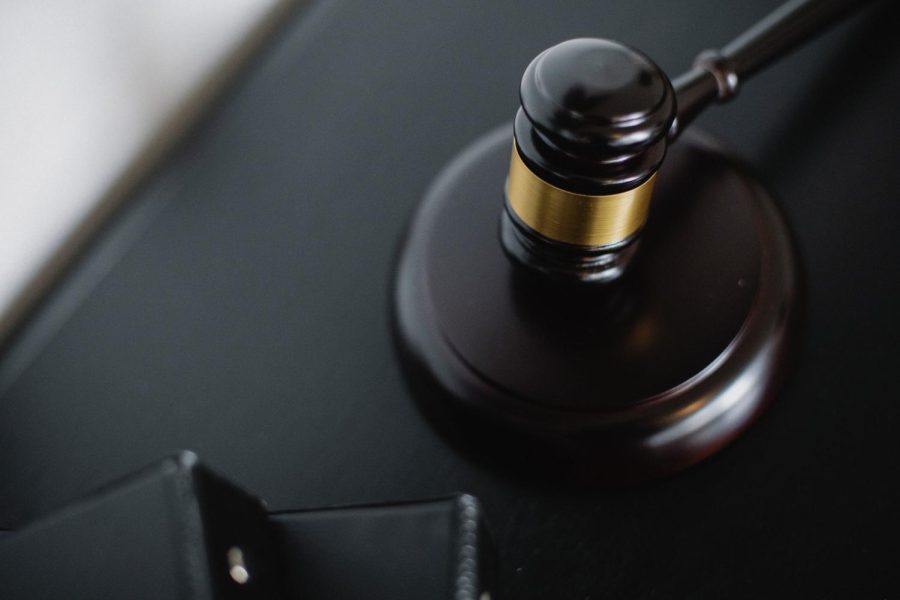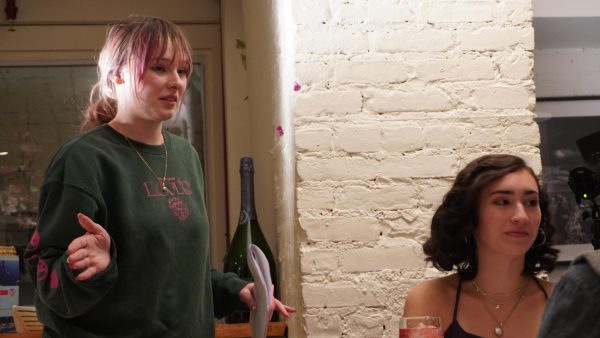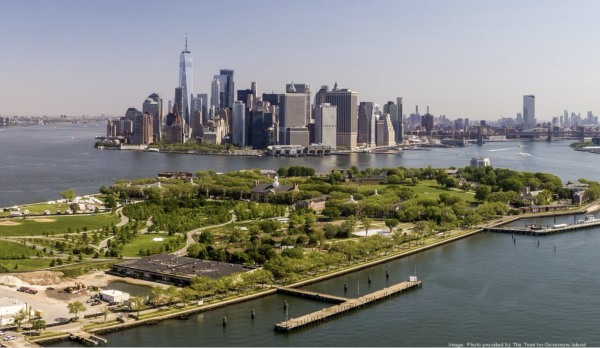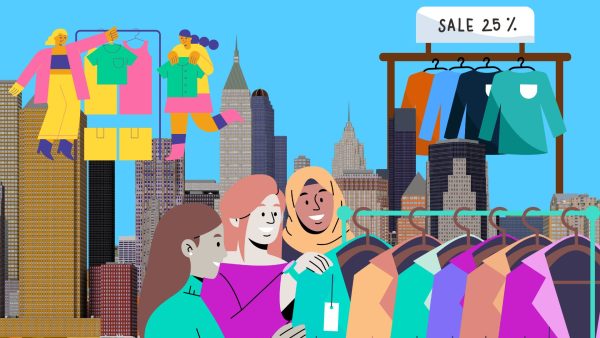Supreme Court Ruling Roe v. Wade Could Possibly Be Overturned
Reading Time: 3 minutesThe Supreme Court case, Roe v. Wade, took place in 1973 and deemed “that unduly restrictive state regulation of abortion is unconstitutional…the court held that a set of Texas statutes criminalizing abortion in most instances violated a woman’s constitutional right of privacy, which it found to be implicit in the liberty guarantee of the due process clause of the Fourteenth Amendment (“…nor shall any state deprive any person of life, liberty, or property, without due process of law”),” as stated by Britannica. Legalizing safe abortions for women all in the United States and esnuring women their constitutional right of privacy when it comes to their own bodies.
On the night of May 2nd a leaked draft based on the 1973 Supreme Court decision, Roe v. Wade, may very well be overturned in an upcoming vote. The Supreme Court clarified the draft was not the final decision but due to Roe v. Wade legalizing safe abortions for women in the United States, once people got wind of this protests ensued all over America including NYC. Women’s organizations like the Kota Alliance are using any and all resources they can to prepare for such a decision by helping anywhere they can. Through support and empowering women by building networks with non-profit organizations, NGO’s, and social enterprises to support gender equality. MMC Junior, Micaela Tompkins (they/them) is a volunteer at Kota Alliance who shared their thoughts on Roe v. Wade possibly being overturned:
“I think this is a very pointed attack on marginalized people, specifically women of color, poor women, and disabled women. These people will not be able to travel to states where abortion is legal nor will they have the support to continue their pregnancy safely…Roe v. Wade rests on the right to privacy, and if it’s overturned, it will be very easy to argue that there is no right to privacy in the Constitution. Some other court decisions that rest on the right to privacy is the decriminalization of gay sex, the ability to access contraceptives without government restrictions, interracial marriage, possession of pornography, same- sex marriage, the ability to teach your children a language other than English, and even protection against sterilization,” expressed Micaela. They went on to describe an extensive list of rights under the right to privacy that they strongly feel will be up in the air if Roe v. Wade does get overturned. They also wanted to express the importance of donations to local abortion funds, “One of the best ways to support people who are in need of abortions are donating to local abortion funds, whic help patients pay for services and travel expenses.”
If the decision were to be overturned women’s liberty to privacy and reproductive rights are no longer their own. Instead, dictated by officials of their states who will choose to ban abortions or not. The Fourteenth amendments are constitutional rights put in place to not deprive any person of their personal liberties, but now that could change. Eighteen of the states in America have something called trigger laws for when or even if Roe v. Wade gets overturned those abortion laws will be in place, “58% of U.S. women of reproductive age or 40 million live in states that are hostile to abortion, “ as stated in Politico. More than half of women in America live in states where these trigger laws could be put in place and are a real possibility of being enacted if Roe v. Wade does get overturned, leading to an increase in health effects for marginalized women. For example in an article by Politico, “Black and Hispanic women get abortions at higher rates than their peers. Women of color also experience higher poverty rates and could have a harder time traveling out of state for an abortion. Limits on abortion access can lead to negative long-term health effects…The women surveyed who gave birth had economic hardships that lasted for several years, were more likely to raise the child alone and were at higher risk of developing serious health problems than those who had had abortions.” Not only is the American democratic government system infringing on the reproductive rights of women and their right to privacy but doing so will cause not only devastating negative mental health effects but overall physical health as well. In accordance with Overturning Roe v. Wade Could Have Devastating Health and Financial Impacts, Landmark Study Showed in Scientific American, “The study found that women denied the procedure were more likely to experience negative health impacts—including worse mental health—than women who received one. The former were also more likely to face worse financial outcomes, including poor credit, debt, and bankruptcy.”
If Roe v. Wade gets overturned isn’t that just what the American government is doing, stripping women of not only their right to privacy but limiting access to safe abortions? Roe v. Wade will not stopp abortions just only stop safe abortions and leave marginizaled women, with limited access to resources increasing the number of poverty rates, economic hardships, and have a higher risk of developing serious health effects. Not to mention what other rights i.e. gay marriage, interracial marriage, access to contraceptives without government restrictions, etc. all fall under the right of privacy. All of which could be taken away if one as fundamental as Roe v. Wade could now be taken away.

Najla Alexander is the Features Editor and Crime Reporter for The Monitor. She is Majoring in Digital Journalism and Minoring in Forensic Psychology. Her...






